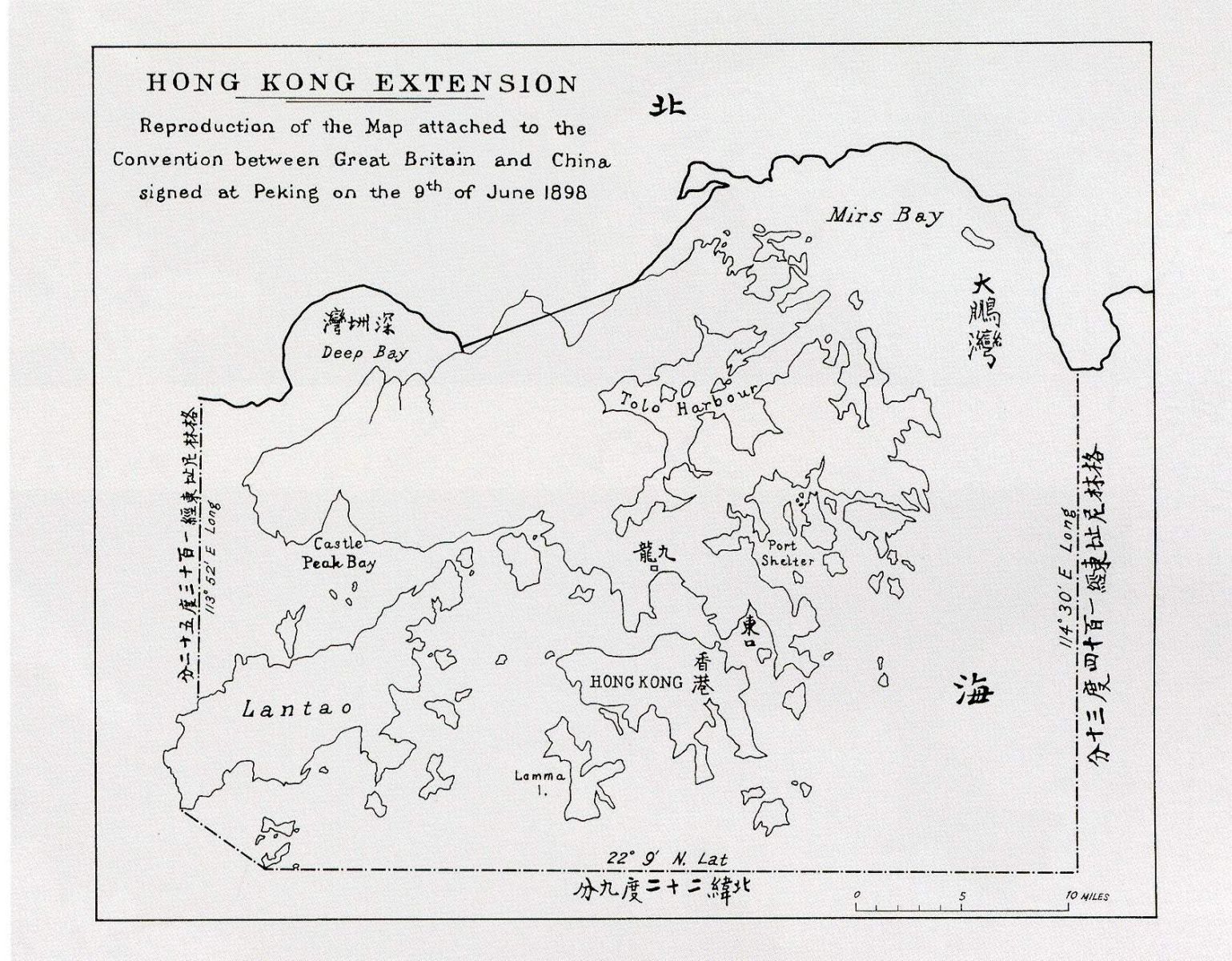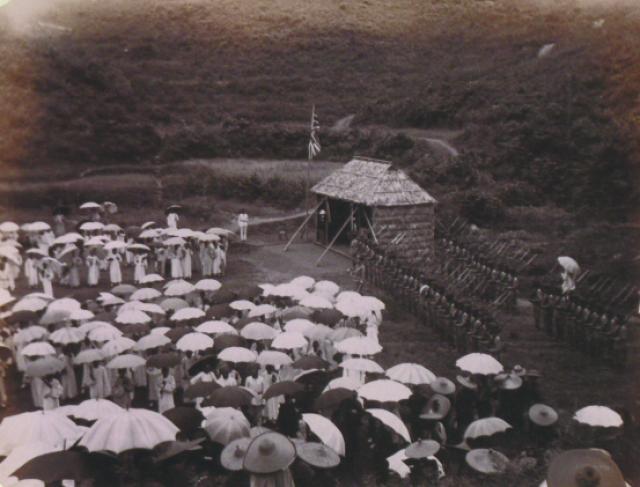Sir Claude Macdonald famously claimed that the 99-year lease agreement for the islands and the New Territories was "as good as forever" for Hong Kong. However, with the benefit of hindsight, it is clear that he may have had a different opinion had he been able to fast-forward time.
During the early stage of the colony, taking over the New Territories was not a priority for the British Empire. Despite pressure from British businessmen and officials who sought to transform China into another India for greater imperial interests, the Royals feared that such a move might trigger another series of wars from neighboring Western states and jeopardize the free-trade agreement with China. However, the rise of Japan completely changed the game, and the New Territories became a necessity for the British to prove their imperial status.

The insurgency of nationalism in China in the late 1890s made things simpler for colonial officials. The Chinese government gave up bargaining and agreed to the 99-year lease without requiring the British to pay a penny during the Convention for the Extension of Hong Kong Territory. The pressure from nationalists made it impossible for the Chinese diplomats to offer the New Territories in exchange for money without betraying the nation. Unlike the previous two Opium Wars, the convention was peaceful, with no injuries, deaths, or combat. However, resistance to the colonial armed forces was apparent in the newly occupied areas, and the locals fought fiercely to defend their homes, leaving hundreds of corpses from gunfire and cannon fire.

Silencing voices and suppressing rebellions is a practice that resonates with modern rulers. Hong Kong is incomplete without the New Territories, but the 99-year lease is a time funnel that offers no guarantees of permanence.
